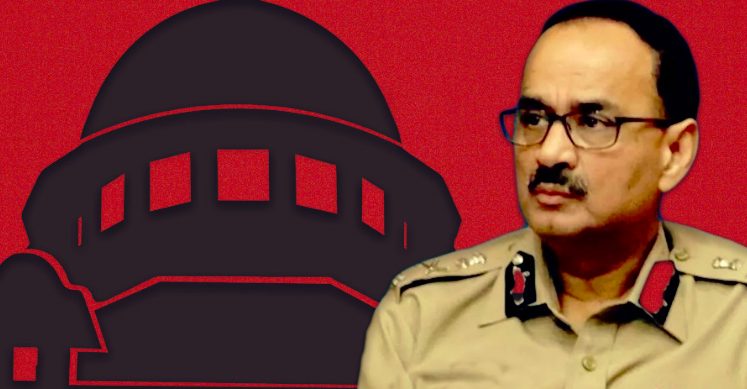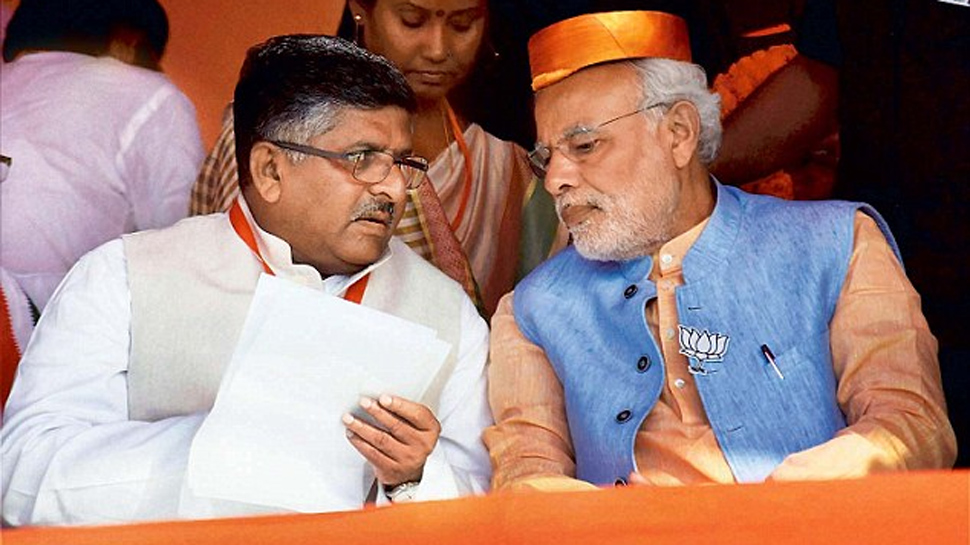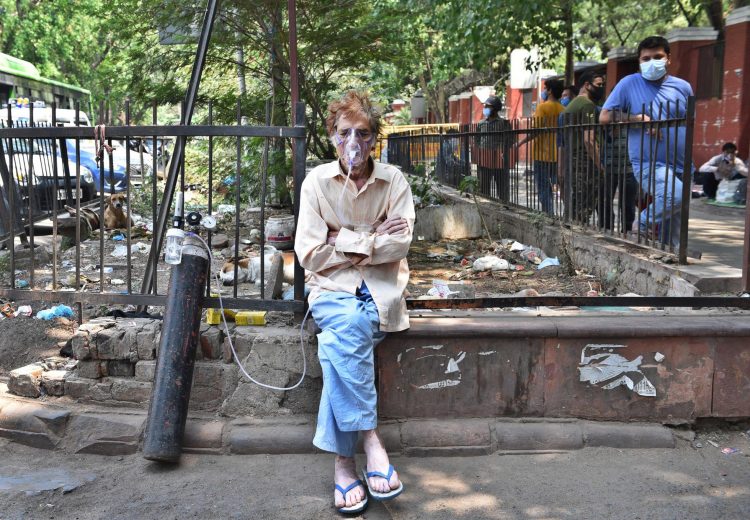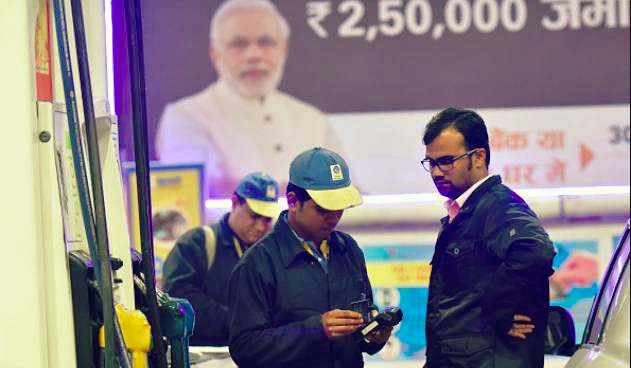The Supreme Court on Thursday, December 6, reserved its order on a plea filed by Central Bureau of Investigation (CBI) Director Alok Verma and NGO Common Cause challenging the government’s decision to divest him of his charges.
The Supreme Court said the essence of government action must be in the interest of the institution. A bench headed by Supreme court Chief Justice Ranjan Gogoi said Attorney General KK Venugopal told it that circumstances culminating in the situation started in July.
Solicitor General Tushar Mehta, appearing for the Central Vigilance Commission, referred to apex court judgements and laws governing the CBI.
The apex court said it was not that the fight between the CBI director and Special Director Rakesh Asthana emerged overnight, forcing the govt to divest the director of powers without consulting the Selection Committee.
Appearing for Mallikarjun Kharge, who is a part of the Selection Committee which chooses the CBI Director, Kapil Sibal asserts, “Section 4(2) of DSPE Act is not the repository of power to divest CBI Director of his powers. The Centre could have come to Selection Committee and asked it to transfer Verma. Otherwise, it will be like giving unbridled power to Centre and will effectively nullify the judgement in the Vineet Narain case.”
Senior advocate Fali S Nariman, appearing for the CBI Director Alok Verma, said that the Centre’s order took away all his powers.
He said that Section 16 of the General Clauses Act deals with as to who can remove officer like the CBI Director and doesn’t deal with divesting of powers of the officer.
“The officer should have powers of Director. Tenure of two years does not mean that Director can have a visiting card with title, but without powers,” submitted Nariman, in reference to AG’s argument that Verma continues to be the agency Director.
The court then asked Nariman whether the court can appoint someone, to which Nariman said, “yes”.
Attorney General (AG) K K Venugopal also told the top court that the government was well “within its right to intervene” and send both officers on leave by divesting them of their powers.
The top law officer asserted that “only the God knows where and how this fight between the two top officers would have ended” if the government would not have taken the action which was aimed at restoring the public faith in the CBI.
The CBI director and the special director were fighting like “kilkenny cats”, exposing the country’s premier investigating agency to “public ridicule”, the government told the Supreme Court on Wednesday while justifying the decision to divest Verma of his duties.
Senior advocate Mukul Rohatgi, appearing for Asthana, told the apex court that he was a whistle-blower in the case, but was painted by the government with the same brush.
The government must take CVC inquiry against Verma to a logical end, he said.
The apex court on Nov 29 had said it would first consider whether the government has the power to divest the CBI director of his duties under whatever circumstances or whether the selection committee headed by the Prime Minister should have been approached before moving against Verma on corruption allegations against him
During the hearing on Wednesday, December 5, Attorney General KK Venugopal told the bench headed by Chief Justice Ranjan Gogoi that the fight between the two officers impacted the image of the CBI and had led to the public ridicule of the organisation
The Centre’s main aim was to see that confidence of the public in this premier institution (CBI) is restored, he said. “Dispute between CBI Director and Special Director was pulling down integrity and respect of premier institution,” he told the bench.
“Two top officers, Alok Kumar Verma and Rakesh Asthana, were fighting against each other and went public which exposed CBI to ridicule,” Venugopal told the bench.
Alok Verma and his deputy, CBI special director Rakesh Asthana, were sent on leave by the Centre after a feud between the two came out into the open, with both levelling serious accusations of corruption against each other.
Verma said the government’s October 23 decision to divest him of responsibilities amounted to a transfer. Verma’s lawyer Fali S Nariman told the bench that there was no basis for the Central Vigilance Commission (CVC) to pass an order recommending to send him on leave.
Nariman also said that the CVC Act made it clear that the Director cannot be transferred without the approval of the committee.
The bench, meanwhile, made it clear it was not going into allegations and counter-allegations at this stage and would only look into the question of law on whether the government had the power to initiate action.









